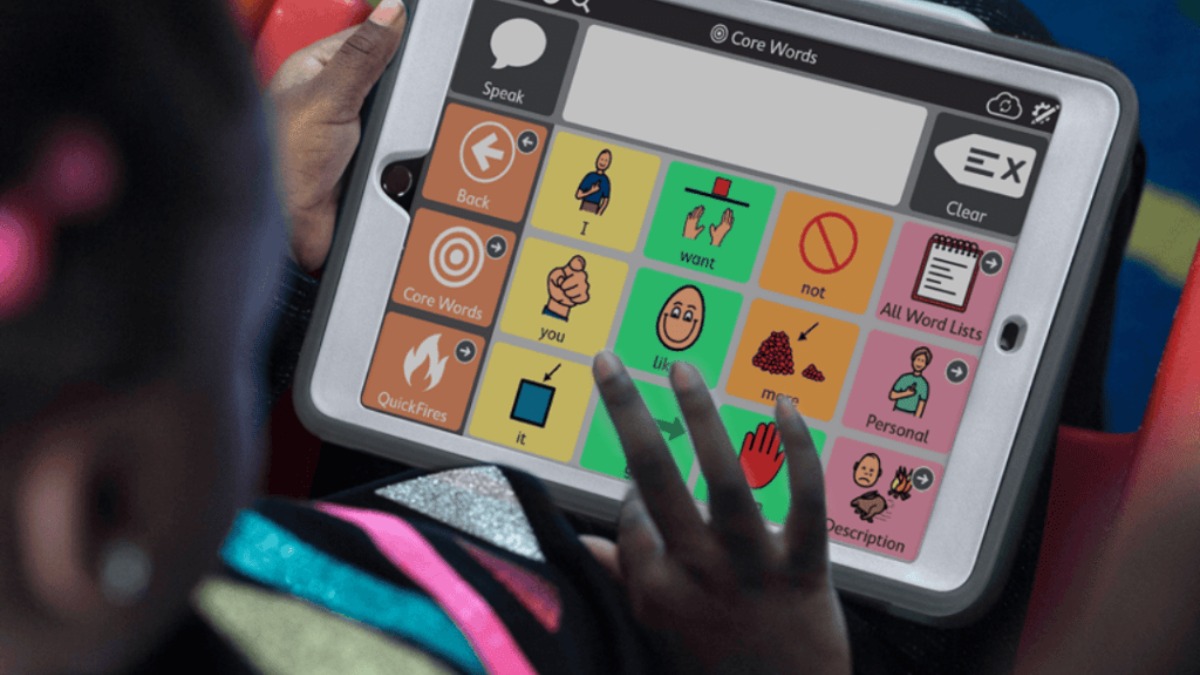DIR Floortime and Trauma: How Play Therapy Heals Emotional Wounds
March 19, 2025
Play-based therapy can be a powerful tool for healing. Learn how DIR Floortime supports autistic individuals coping with trauma.

Key Points:
- DIR Floortime uses play-based interactions to help children process trauma and build emotional resilience.
- This therapy model strengthens relationships, communication, and self-regulation skills in children who have experienced trauma.
- Parents and caregivers play a crucial role in DIR Floortime, making it an effective and personalized intervention.
According to research, nearly 79% of children who have experienced trauma exhibit developmental challenges that affect their ability to regulate emotions, communicate, and engage in meaningful relationships. DIR Floortime, a play-based therapeutic approach, has emerged as a powerful method to address these issues by fostering emotional growth and cognitive development through interactive play. Unlike traditional behavioral interventions, DIR Floortime prioritizes emotional connection and engagement, helping children feel safe enough to process their trauma and build crucial developmental skills.
How DIR Floortime Supports Emotional Healing After Trauma
Trauma disrupts a child's ability to connect, regulate emotions, and trust their environment. DIR Floortime works by engaging children at their developmental level and helping them progress through emotional and cognitive milestones. This approach provides a supportive space where children can heal by:

Children who experience trauma often struggle with sensory sensitivities and difficulty processing emotions. DIR Floortime addresses these challenges by meeting children where they are developmentally and using play as a bridge to higher-level thinking and social engagement. The child-led approach ensures that therapy is engaging and non-threatening, making emotional processing more natural and effective.
The Science Behind Play Therapy and Trauma Recovery
Neuroscientific studies confirm that play is essential for brain development and emotional regulation. For children with trauma, play therapy techniques—like those used in DIR Floortime—activate neural pathways associated with safety, connection, and problem-solving. This process helps children reframe their experiences, reducing fear-based responses and promoting resilience.
DIR Floortime's emphasis on reciprocal interactions stimulates key brain regions responsible for emotional regulation and executive functioning. Through playful engagements, children learn to navigate social complexities, express their emotions, and form secure attachments, all of which are crucial for overcoming trauma.

The 3 Key Principles of DIR Floortime in Trauma Therapy
DIR Floortime is structured around three core principles that guide trauma-informed intervention:
- Developmental Approach – Recognizing where the child is emotionally and cognitively and tailoring interactions to meet their needs.
- Individual Differences – Understanding how trauma impacts sensory processing, emotional regulation, and cognitive abilities to personalize therapy.
- Relationship-Based Model – Strengthening caregiver-child interactions to create a safe and supportive environment for healing.
By integrating these principles, DIR Floortime helps children overcome trauma-related barriers to learning, emotional expression, and social engagement.
Why Caregiver Involvement is Essential in DIR Floortime
Unlike conventional therapy models, DIR Floortime relies on caregivers as active participants in the healing process. Parents and guardians play a central role by engaging in structured, play-based interactions that reinforce emotional security and developmental growth.
When caregivers become attuned to their child’s unique needs and communication styles, they can:
- Strengthen their child’s sense of safety and trust.
- Help regulate overwhelming emotions through co-regulation strategies.
- Encourage problem-solving and higher-level thinking through interactive play.
Studies show that children who receive consistent, caregiver-led DIR Floortime interventions experience greater improvements in emotional regulation and social interaction than those who engage in therapy without parental involvement.
Common Challenges and How DIR Floortime Overcomes Them
Children with trauma often face significant challenges in emotional expression, communication, and sensory processing. DIR Floortime addresses these obstacles through personalized strategies such as:
- Slow and patient interactions to accommodate sensory sensitivities and avoid overwhelming the child.
- Encouraging imaginative play to allow children to express and process difficult emotions in a safe way.
- Using repetition and consistency to build trust and emotional security.
By addressing these barriers, DIR Floortime ensures that children are not only participating in therapy but actively engaging in their own healing journey.
Unlock Healing with DIR Floortime in New Jersey
If your child has experienced trauma and struggles with emotional regulation, DIR Floortime can provide a powerful path to healing. At WonDIRfulPlay, we specialize in DIR Floortime therapy, helping children develop emotional resilience, communication skills, and strong relationships through structured play.
Our compassionate team in New Jersey is dedicated to guiding families through a personalized therapeutic journey that nurtures emotional growth and developmental progress. Contact WonDIRfulPlay today to learn how our DIR Floortime services can help your child thrive.
Recent articles













.jpg)


.jpg)





.jpg)











.jpg)
.jpg)

.jpg)
.jpg)
.jpg)



.jpg)
.jpg)
.jpg)

.jpg)
.jpg)

.jpg)



.jpg)


.jpg)
%20(1).jpg)

.jpg)






.jpeg)









.jpg)
.jpg)
.jpg)
.jpg)
.jpg)


.jpg)
.jpg)
.jpg)
.jpg)
.jpg)
.jpg)
.jpg)
.jpg)
.jpg)
.jpg)
.jpg)
.jpg)
.jpg)
.jpg)
.jpg)
.jpg)
.jpg)
.jpg)
.jpg)
